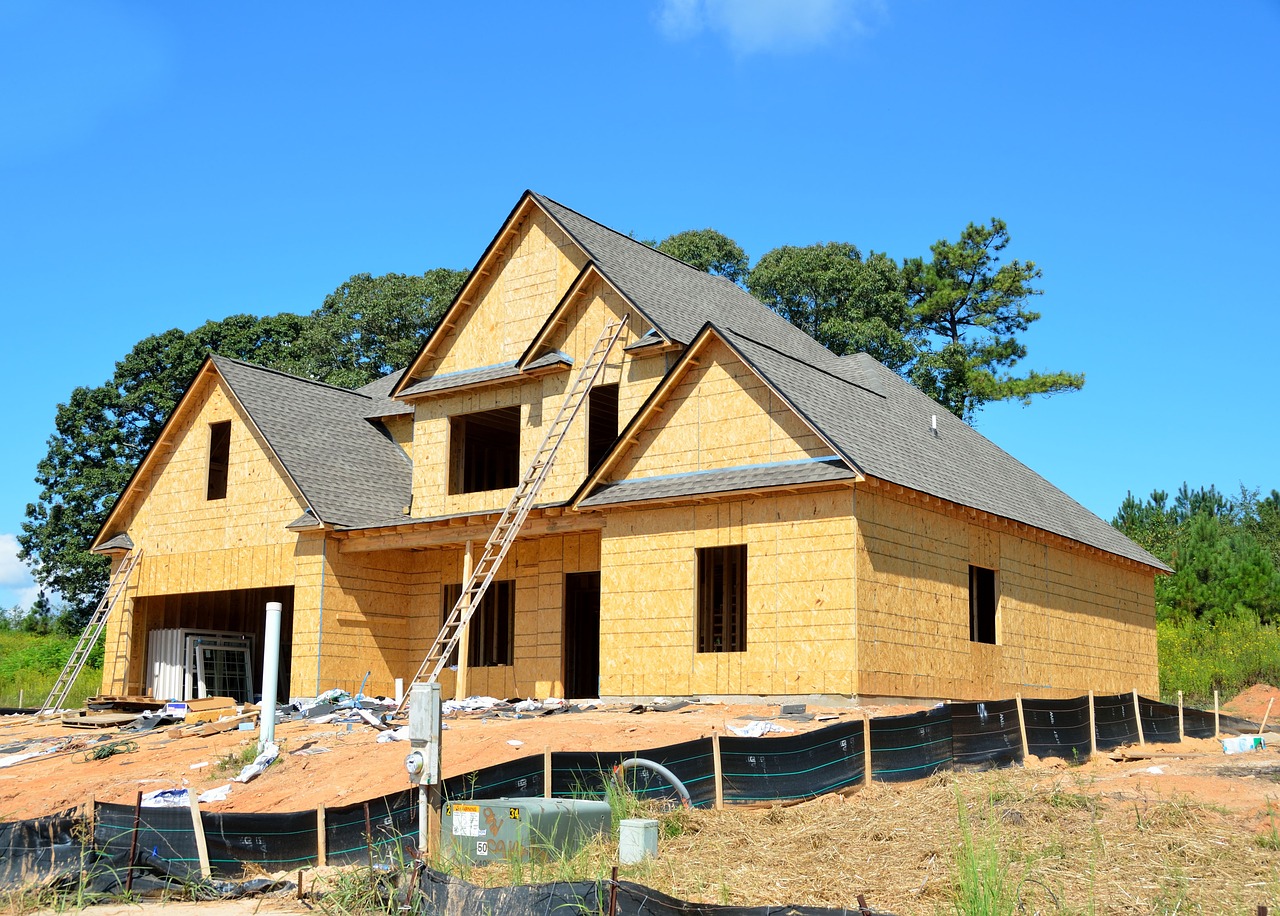
From the Scholars Strategy Network, written by Peter Dreier, Occidental College
Recently there has been a lot of happy talk about a national housing recovery. “Rising home prices rescue underwater homeowners,” proclaimed a headline in USA Today. “The strength of the housing recovery is benefitting the distressed portion of the market, clearing it up more quickly,” claimed an article in Bloomberg News. But despite what an OpEd in the Los Angeles Times dubs a “free-market fix,” the supposed housing recovery is actually bypassing many U.S. cities and towns and leaving millions of families grappling with financial devastation.
The total value of America’s owner-occupied housing remains $3.2 trillion below 2006 levels. According to the real estate database Zillow, 9.8 million households still owe more on their mortgages than the market value of their homes – a predicament known as being “under water.” Underwater homes account for one-fifth of all mortgaged homes. Underwater homeowners are more likely than others to default on their mortgages, delaying national economic recovery.
Where does the crisis remain severe?
With my colleagues Saqib Bhatti, Rob Call, Alex Schwartz, and Gregory Squires, I identified the 15 metropolitan areas, 100 cities and 395 ZIP codes with the highest proportion of underwater mortgages – places we call “underwater hot spots.”
- The 15 hardest-hit metropolitan areas with populations over one million are Las Vegas, Atlanta, Jacksonville, Orlando, Chicago, Tampa, Detroit, Miami, Memphis, Virginia Beach, Riverside, Kansas City, St. Louis, Cleveland, and Milwaukee. In these troubled cities spread across sixteen states, between 23 percent and 35 percent of homeowners have negative equity and home prices remain up to 45 percent below their peak levels.
- One in ten Americans lives in the 100 hardest-hit cities (with populations over 100,000) with between 22 and 56 of their homeowners underwater. The majority of U.S. states are affected, but eighteen of the hardest-hit cities are in California and 16 are in Florida. Connecticut, New Jersey, Michigan, and Nevada also have very hard-hit cities.
- More than 10 million Americans in 23 states live in ZIP codes where between 43 percent and 76 percent of homeowners are under water, depressing the value of all surrounding homes and placing great fiscal stress on local governments. Such very hard-hit zip codes are concentrated in Georgia, Florida, Illinois, Michigan and Ohio.
Targeting minorities, banks pushed expensive and risky loans
Banks are to blame for the lingering housing crisis. In the late 1990s and early 2000s, as millions of Americans bought or refinanced homes in an overheated market, mortgage brokers lied or misled borrowers and often pushed them into high-interest subprime loans even when they were eligible for conventional mortgages. Minorities were especially targeted. In 2006, when subprime lending was at its peak, 54 percent of blacks, 47 percent of Latinos and 18 percent of whites received high-priced loans.
When these risky loans came crashing down, the federal government rescued the banks but not the financially devastated homeowners and communities the banks left behind. Today, blacks and Latinos predominate in almost two-thirds of the nation’s severely underwater ZIP codes.
Why governments must do more
The best solution to this quagmire is for banks and other financial institutions to modify underwater mortgages to their current market value, an approach called “principal reduction.” If this happened, owners would have lower monthly mortgage payments, freeing millions of consumer dollars to buoy local economies. Cities would have more stable property tax revenues, and the lenders themselves would ultimately benefit by having fewer delinquent loans.
Of course, many banks no longer own the loans they made, because they pooled large numbers of subprime loans into private securities and sold them. The companies that service these securities generally refuse to countenance the idea of “principal reduction.” In some cities, nonprofit lenders, like New Jersey Community Capital and Hogar Hispano, have stepped into the void, raising capital and purchasing troubled loans in order to modify them on affordable terms. But too few loan holders have been willing to sell to such groups.
What about government action? In 2012, some of the biggest banks signed a $26 billion settlement agreement with 49 state attorneys general to modify mortgages, and the U.S. Department of Justice has also forged multi-billion dollar settlement agreements with some of the nation’s largest banks to compensate for reckless and illegal practices, including racial discrimination. In addition, the Obama administration created several initiatives to help troubled borrowers, but these voluntary programs do not require banks to reset loans; and the U.S. Home Affordable Modification Program has helped only one-quarter of the four million homeowners it was supposed to reach.
Parts of the federal government are actually blocking broader solutions. The Federal Housing Finance Agency, which oversees Fannie Mae and Freddie Mac, has refused to allow these two mortgage giants to reduce the principal on underwater mortgages that they own or guarantee. This refusal could be reversed by President Obama’s newly appointed administrator of the Federal Housing Authority, former Representative Melvin Watt of North Carolina. But so far he has not acted.
Facing insufficient action from above, some municipalities are taking matters into their own hands. In 2013, Richmond, California, became the first to use the power of eminent domain to buy underwater mortgages at their current market value and refinance them, and now this approach is being discussed in many other localities, including New York and Newark. Dealing with the crisis on a city-by-city basis is not the most efficient way forward, but troubled cities have to act to restore homeowner wealth in the face of Wall Street intransigence and incomplete action from the federal government. The entire economy stands to benefit if cities act.
Related research: Read more in the 2014 report “Underwater America,” from the Haas Institute, University of California, Berkeley, authored by Peter Drier, Saquib Bhatti, Rob Call, Alex Schwartz and Gregory Squire.
